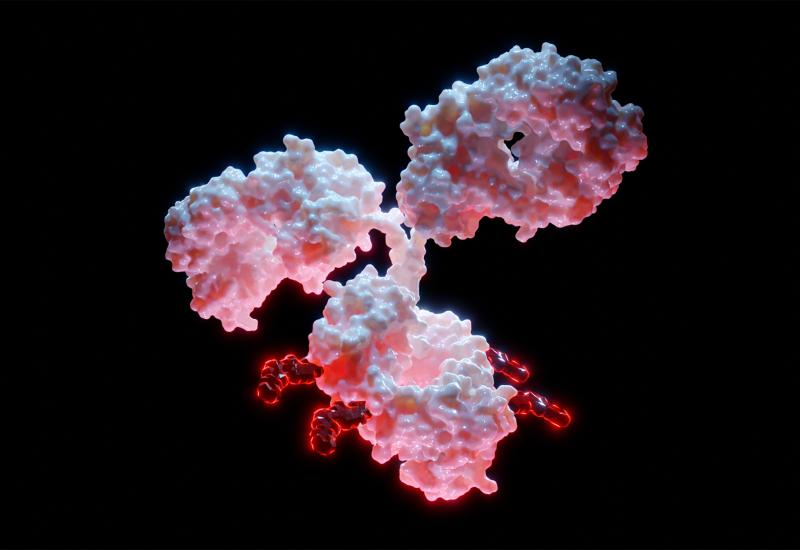
Werner not good enough for Roche
Roche dumps another partnered asset.
Roche dumps another partnered asset.

While some might have seen early glimmers of hope in the AACR data Roche put up with its Werner helicase inhibitor RO7589831, the results didn't make the grade for the Swiss firm. On Wednesday Roche formally handed the molecule back to Bayer's Vividion subsidiary, having presumably given it notice some time ago.
The AACR results were the first human data with a Werner helicase inhibitor, and came after Roche paid $130m up front to license RO7589831 from Vividion in 2020 – a year before Vividion was acquired by Bayer for $1.5bn. The latest development will be eyed nervously by companies that have similarly acting molecules in clinical trials, including Ideaya/GSK, Novartis and Nimbus.
Still, RO7589831, which now reverts to its originator code VVD-214, was notable for being a covalent Werner helicase inhibitor. Vividion continues to trumpet this as an advantage, stating on Wednesday that VVD-214 was "the only clinical-stage covalent inhibitor Werner helicase in development worldwide", something that developers of non-covalent molecules will see as VVD-214's undoing.
Vividion also played up Roche's discontinuation as the securing of exclusive worldwide rights by Vividion, and as the strengthening of the Bayer subsidiary's oncology development pipeline. Whatever fee Vividion has had to pay to gain rights to the clinical data Roche generated hasn't been disclosed.
The data VVD-214 reported at AACR amounted to a 14% response rate among 35 patients with microsatellite instability-high tumours (mostly colorectal cancer), a number that included one unconfirmed response. Nausea led to dose reduction in 14% of patients, but only 5% discontinued because of side effects, a profile Vividion described as showing good tolerability with promising signs of activity.
Clinical-stage Werner helicase inhibitors
| Project | Company | Type | Status |
|---|---|---|---|
| VVD-214 | Vividion (Bayer), discontinued by Roche | Covalent | Ph1 data at AACR disappointed; Roche terminated deal Jun 2025 |
| IDE275 | Ideaya/ GSK | Non-covalent | First ph1 results due in 2025 |
| HRO761 | Novartis | Non-covalent | Started ph1 in 2023, but no data released so far |
| NDI-219216 | Nimbus Therapeutics | Non-covalent | Started ph1 in Mar 2025 |
| MOMA-341 | MOMA Therapeutics | Covalent | Starts ph1 in Jun 2025 |
Source: OncologyPipeline.
If the data weren't good enough for Roche, attention now falls on the next project due to yield clinical results, namely IDE275, whose Sylver trial is to yield data this year. IDE275, a non-covalent Werner helicase inhibitor, was originated by Ideaya and licensed to GSK as part of a multi-project 2020 tie-up worth $100 up front plus a $20m equity purchase.
Also in play are non-covalent molecules at Nimbus (NDI-219216) and Novartis (HRO761), but these have yet to yield human data. Meanwhile, MOMA Therapeutics recently put its covalent molecule MOMA-341 into a clinical study, but clinicaltrials.gov states that this is not yet recruiting patients, so Vividion's claim to uniqueness is technically correct.
Roche's oncology R&D hasn't had a great deal of success recently, but the company hasn't shied away from culling assets that don't make the grade, including Repare Therapeutics’ ATR inhibitor camonsertib. Meanwhile, Bayer spending $1.5bn on Vividion, at the time a preclinical biotech, looks increasingly like a rash move.
4211













